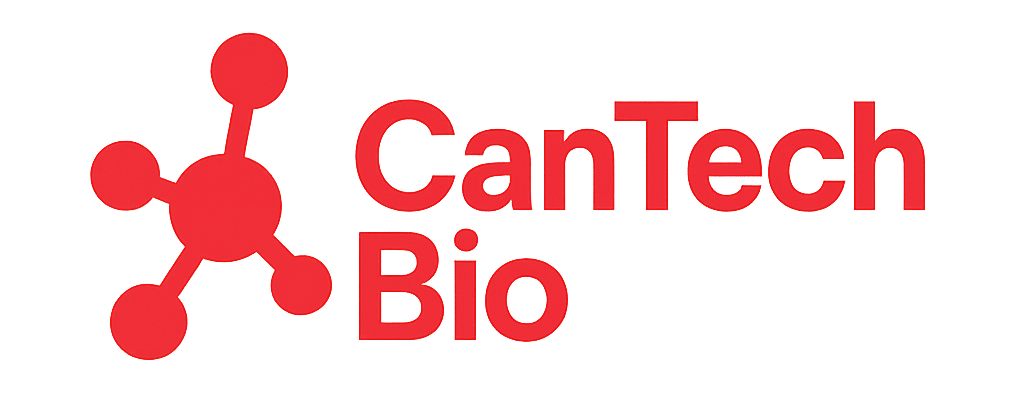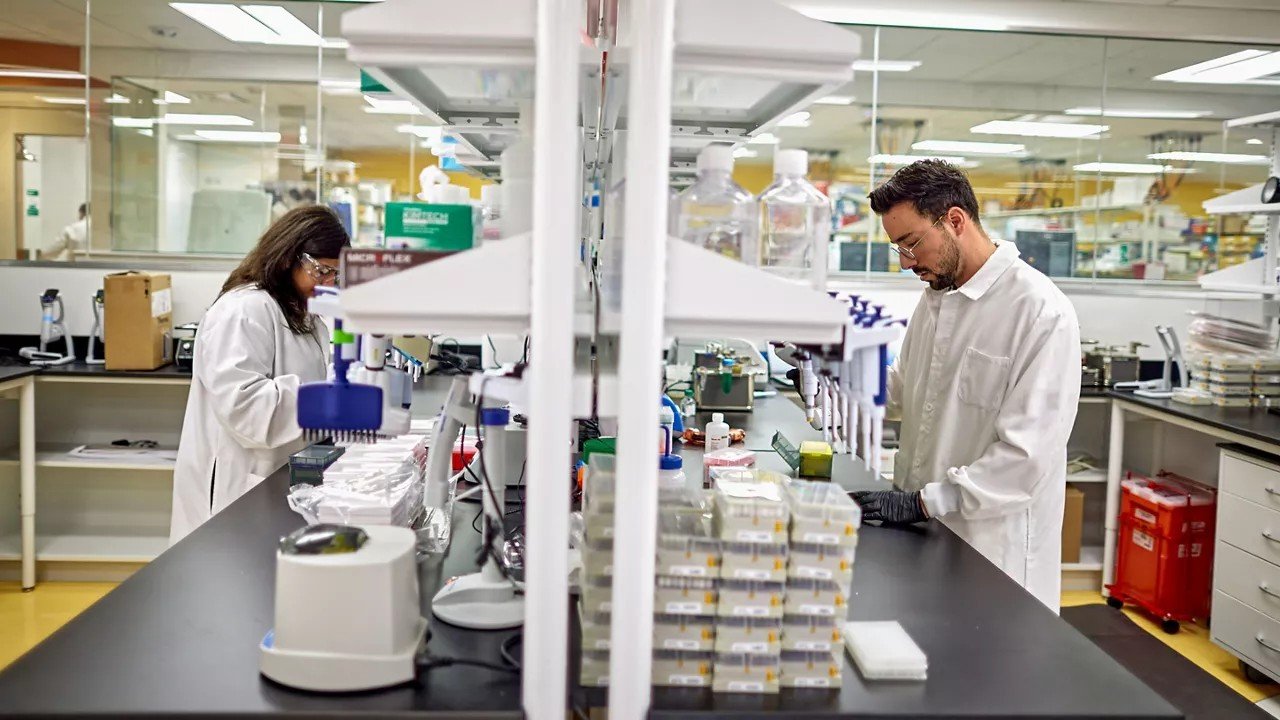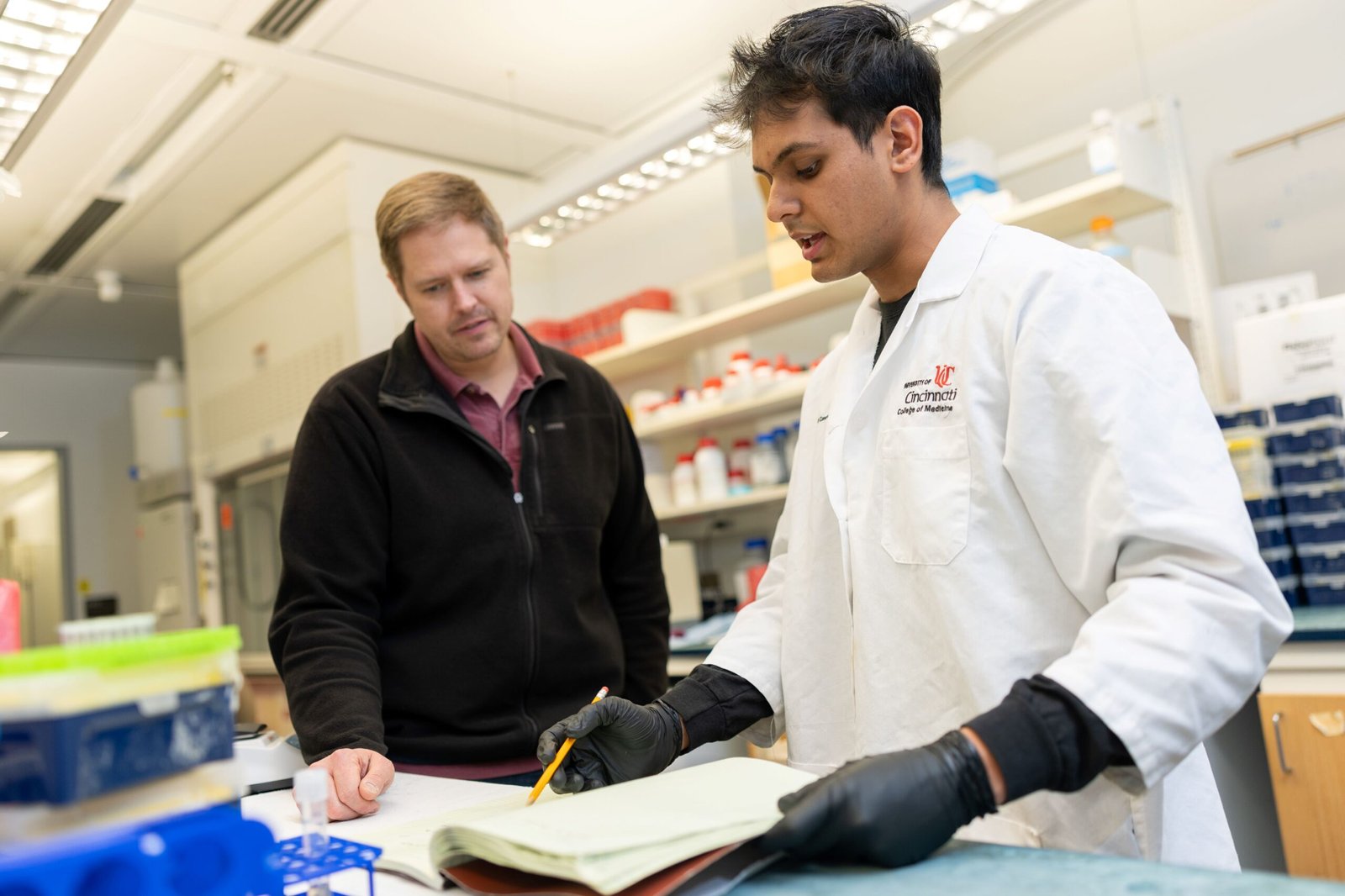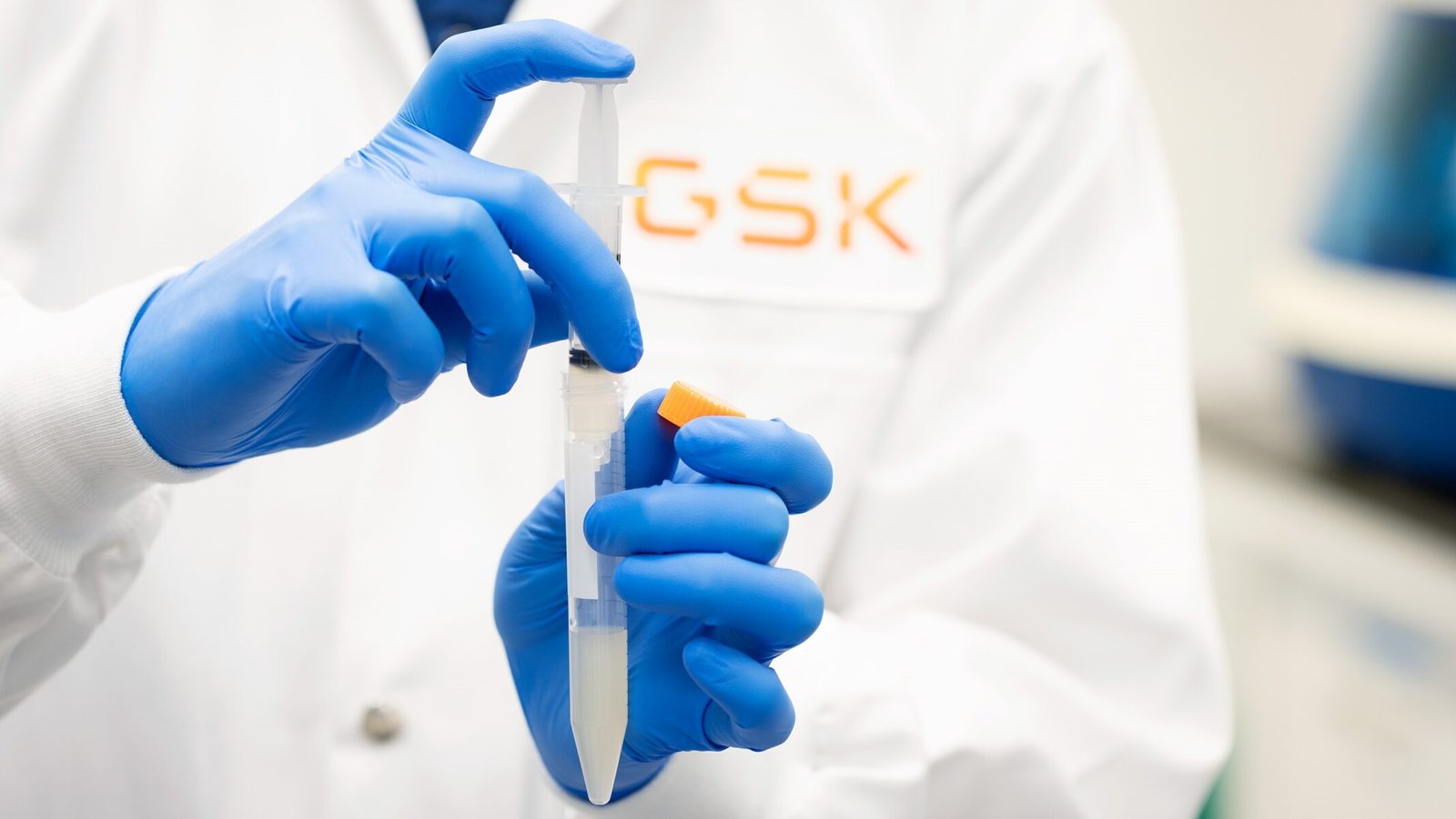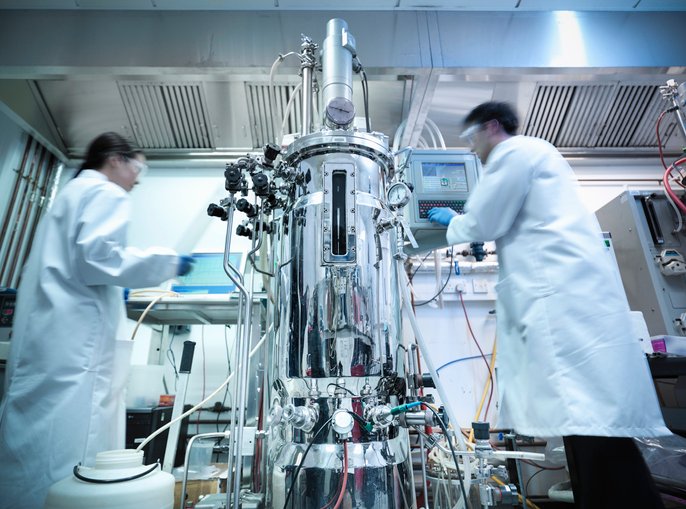AbbVie has acquired global rights to the lead pipeline asset of Ichnos Glenmark Innovation (IGI), the cancer and autoimmune disease candidate ISB 2001, now in development against multiple myeloma, through an exclusive licensing agreement that could generate more than $1.9 billion for the New York-based developer of oncology biologics.
ISB 2001 is a first-in-class trispecific T-cell engager designed to target BCMA and CD38 on myeloma cells, as well as CD3 on T cells. ISB 2001 is envisioned as a competitor to several approved cancer-fighting drugs that target BCMA and CD3. The newest of those is Regeneron Pharmaceuticals’ Lynozyfic (linvoseltamab-gcpt), which won accelerated approval from the FDA on July 2.
(linvoseltamab-gcpt), which won accelerated approval from the FDA on July 2.
Developed through IGI’s BEAT® protein platform, ISB 2001 was engineered with two distinct binders against myeloma-associated antigens with the aim of enhancing avidity even at low target expression levels and improving safety over first-generation bispecific antibodies.
“Multispecifics including trispecific antibodies represent a new frontier in immuno-oncology with the potential to deliver deeper, more durable responses by engaging multiple targets simultaneously,” Roopal Thakkar, MD, AbbVie’s executive vice president, research and development, and CSO, said in a statement.
ISB 2001 is under study in the Phase I TRIgnite-1 trial (NCT05862012) in relapsed/refractory multiple myeloma (RRMM). In a rapid Oral Presentation at the 2025 American Society of Clinical Oncology (ASCO) Annual Meeting, held in Chicago, ISB presented data from 35 patients showing a sustained overall response rate (ORR) of 79% and a high complete/stringent complete response (CR/sCR) rate of 30% at active doses ≥ 50 µg/kg in a heavily pretreated population of relapsed/refractory myeloma patients, with a favorable safety profile.
IGI also reported a minimal residual disease (MRD) negativity rate of 75% in evaluable CR patients at 10⁻⁵ sensitivity, with most responders still on treatment; the median duration of response was not reached.
“Unprecedented potency”
“With its unprecedented potency and tolerability, ISB 2001 has the potential to redefine the treatment landscape for RRMM, offering new hope for patients with limited therapeutic options,” stated Hang Quach, MD, lead author of the abstract and a professor of hematology at the University of Melbourne and director of Hematology at St. Vincent’s Hospital Melbourne.
The FDA granted ISB 2001 its Orphan Drug Designation in 2023, followed this past May by its Fast Track Designation for the treatment of relapsed/refractory myeloma patients.
AbbVie has agreed to pay IGI $700 million upfront and up to $1.225 billion in payments tied to achieving development, regulatory, and commercial milestones, plus tiered, double-digit royalties on net sales.
Subject to regulatory clearance, IGI agreed in return to give AbbVie exclusive rights to develop, manufacture, and commercialize ISB 2001 across North America, Europe, Japan, and Greater China.
Beyond those regions, Glenmark Pharmaceuticals has agreed to develop, manufacture, and lead the commercialization of ISB 2001 across emerging markets that include the rest of Asia, Latin America, the Russia/CIS region, the Middle East, Africa, Australia, New Zealand, and South Korea.
BEAT is designed to enable the development of next-generation immune cell engagers with strong therapeutic potential in oncology, by addressing bottlenecks that have historically limited large-scale production of bispecifics.
BEAT uses a common light chain library and TCR interface-based heavy chain pairing allowing for precise Fc modulation and access to a broad structural design space. The platform is designed to mirror the architecture of natural antibodies in order to enhance stability and function. BEAT’s key attributes include its multispecific versatility, enabling the design of antibodies that engage diverse immune cell types such as T cells, myeloid cells, and NK cells against multiple antigens.
“ISB 2001 exemplifies the potential of our BEAT protein platform to generate effective multispecifics that may overcome resistance and improve outcomes in hard-to-treat cancers,” said Cyril Konto, MD, IGI’s president and CEO. “This agreement marks a defining milestone in IGI’s scientific journey and reflects our team’s deep commitment to delivering meaningful therapies for patients.
Added Thakkar: “This partnership with IGI reflects our unwavering commitment to advancing novel therapies for patients with multiple myeloma, a disease where significant unmet need remains despite recent progress.”
The post AbbVie Licenses IGI Myeloma Candidate ISB 2001 for Up to $1.9B+ appeared first on GEN – Genetic Engineering and Biotechnology News.
